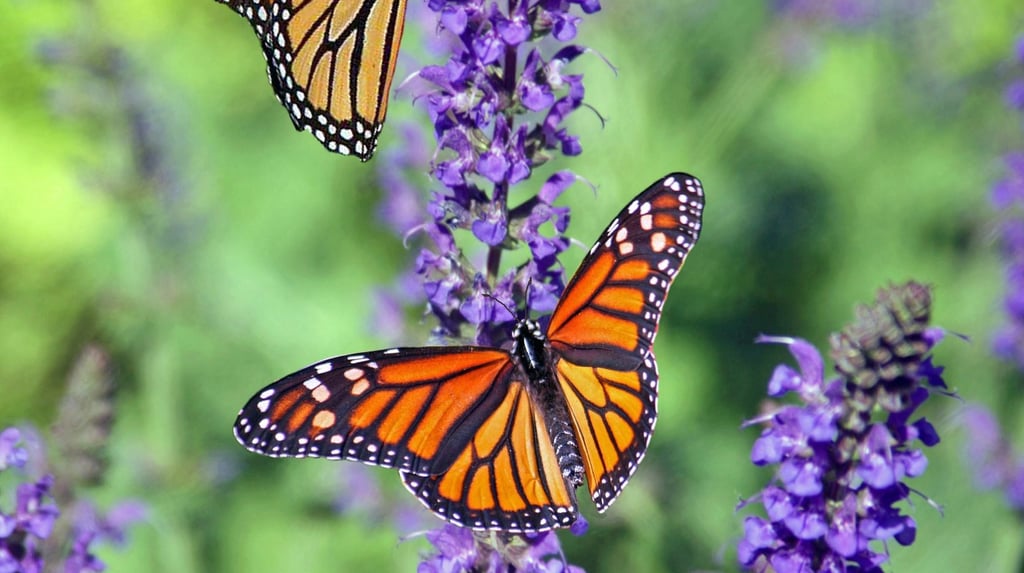Natural Migraine Management
You can reduce the severity and frequency of migraine attacks by understanding your lifestyle and how it affects your attacks. Have previous changes in your lifestyle limited or increased your migraine attacks?


Migraine is a common neurological disorder characterized by moderate to severe headaches and has various symptoms, severity, and types. Did you know that according to the American Migraine Foundation, migraine is the 7th most disabling disorder amongst all diseases?
Lifestyle Changes
Whilst it is important to acknowledge that nothing you do causes migraine; just like with any health condition, you can reduce the severity and frequency of by understanding your lifestyle and how that affects your migraine attacks. Think about it, what type of lifestyle do you follow? Have previous changes in your lifestyle limited your migraine attacks?
S.E.E.D.S Natural Method - Migraine Management & Control
You can manage migraine using the 5 effective steps of S.E.E.D.S., a natural method to control and prevent migraine.
What is S.E.E.D.S.?
S.E.E.D.S. is for success in migration management, and it stands for:
S: Sleep hygiene
E: Eating Regular and healthy meals
E: Exercising regularly
D: Diary
S: Stress management
Sleep hygiene:
Lack of sleep can be a migraine trigger for a lot of people. Too much or too little sleep can cause headaches and trigger migraine attacks. According to the American Migraine Foundation, individuals with migraine are up to 8 times more likely to have sleep issues than other people. Therefore, consider this: How many hours of sleep do you get per day? Are you getting ample/regular sleep or too little sleep? Do you need to make changes to your sleep schedule?
Some ways you can improve your sleep hygiene:
Keep your room dark and cool
Avoid using your phone, T.V. or tablets screen in bedrooms
Follow a regular and standard sleep routine for bedtimes and wake-up times, even weekends.
Do some bedtime relaxation techniques. During a migraine attack, sleep can be beneficial as it helps in stopping the attack, predominately in children
Good sleep hygiene is a vital step to decreasing migraine by developing a standard sleep pattern and following all the ways mentioned above. However, what do you do when you wake up in the middle of the night? How do you manage to get back to sleep? It is suggested that you get up, maybe have a glass of water, maybe sit in a different room to read a book for a while, then go back to bed, rather than tossing and turning without success.
Eating regular and healthy meals:
Regular meals can make a big difference, especially for individuals who find hunger triggers. Food comparatively high in proteins and low in carbohydrates is generally preferable for individuals experiencing migraine to avoid fluctuations in blood sugar. What types of food do you eat? Are you taking regular meals or skipping meals?
The major challenge is to assess whether certain foods are migraine or headache triggers as this can considerably vary between individuals. Therefore, recognize: What diet or foods trigger your migraine attack?
However, natural migraine prevention plan strategies for diet and food be adopted, which include:
Eating regular healthy meals
Avoid skipping meals
Taking meals at least three times a day
Stop or limit your caffeine intake
Above all, stay hydrated by drinking 7-8 glasses of water per day.
Exercising regularly (I prefer to say "movement":
Exercise should be a vital part of your natural migraine prevention plan. Moderate and regular exercise can be effective in preventing migraines. Although you must be careful as strenuous exercise and physical activity can aggravate an attack. Any movement is good. If you are currently not moving around much - simply start slowly. Think of it this way: one minute per day is better than no minutes per day! I find when building up the "exercise" muscle, we need to be kind to ourselves. Perhaps walk out the front door, stand on the front porch for a few minutes, then walk back inside, or walk up and down the stairs just once. Do whatever is do-able for you, and then after several weeks, add a little more time/movement, and then after several more weeks add more movement, and so on.
So, bottom line, choose an exercise and activity you enjoy, start slowly by setting goals for the duration and frequency of exercise and gradually increase exercise frequency and duration. This helps you refrain from strenuous exercise that can trigger migraine.
Diary
Keeping a headache/migraine diary is a handy tool for managing triggers, diagnosis, the efficacy of medications, and the effectiveness of current treatment, enabling you to understand your disorder better. For example, you can use several apps apart from a diary to track your migraine/headache.
Advantages of a diary include:
Helping your doctor make a diagnosis
Showing the pattern to attacks
Helping you recognize the warning signs and triggers
Facilitates in assessing acute or preventive medication and their effectiveness
Always keep your dairy simple and record basic information, which might be beneficial to manage and prevent your migraine.
Stress management:
Stress can intensify migraine symptoms. Therefore, stress management must be an essential part of your natural migraine prevention and control plan. Establish a daily routine incorporating relaxation times.
Relaxation periods should comprise of relaxation strategies. Some of these include:
Taking a slow, deep breath
Soft relaxing sounds and lights
Focusing your mind on a soothing image or scene.
Some other recommended strategies to help manage stress include:
Guided Meditation and Mindfulness
Cognitive-behavioral therapy
Biofeedback
Breathing techniques.
Practice gratitude
Positive mantras
I run mindfulness for migraine courses and include mindfulness techniques in my coaching. However apps like Calm, Headspace and The Better Sleep App also help you reduce stress. While these are some suggestions, what do you do to manage your stress?

